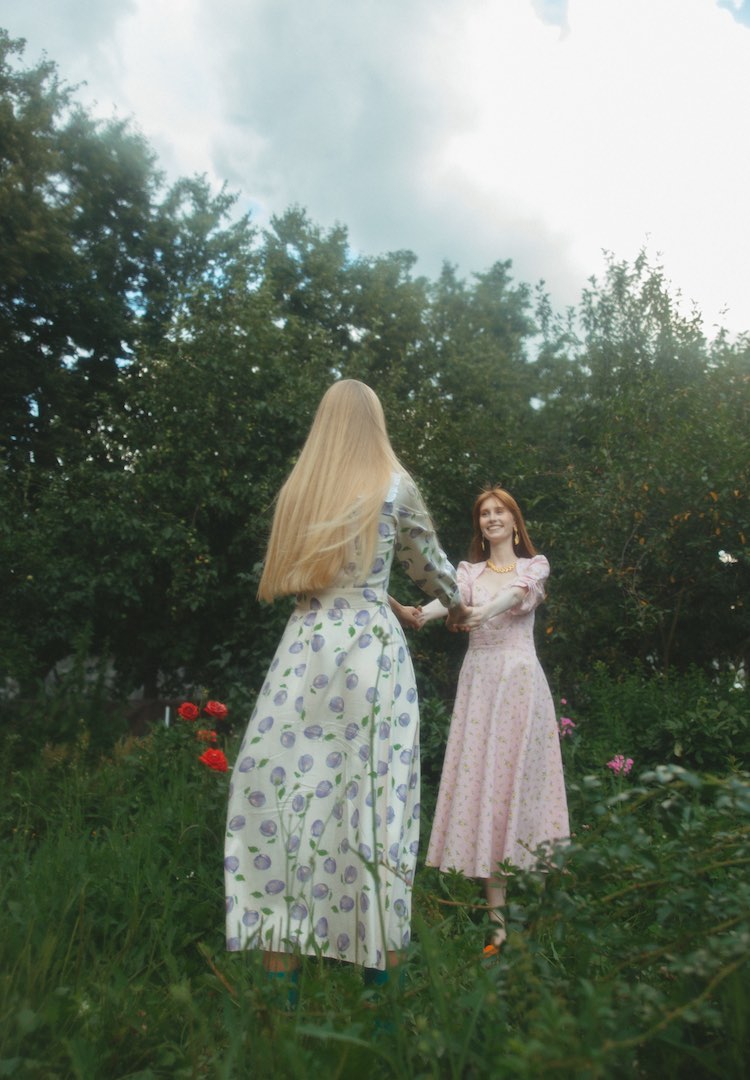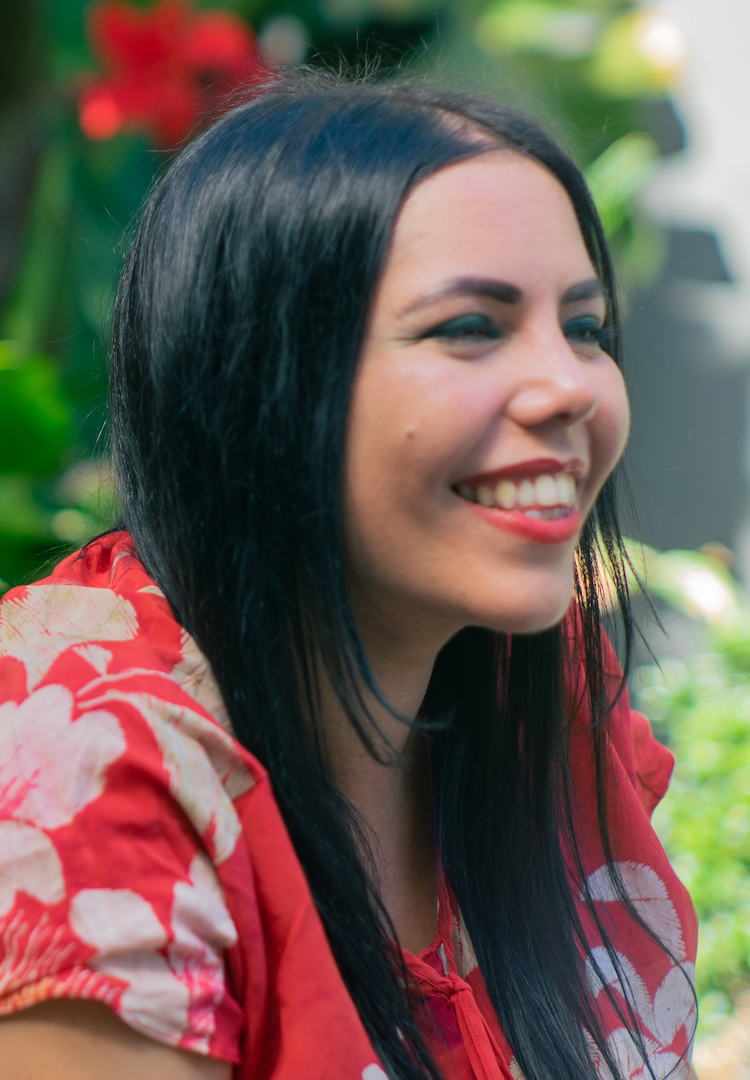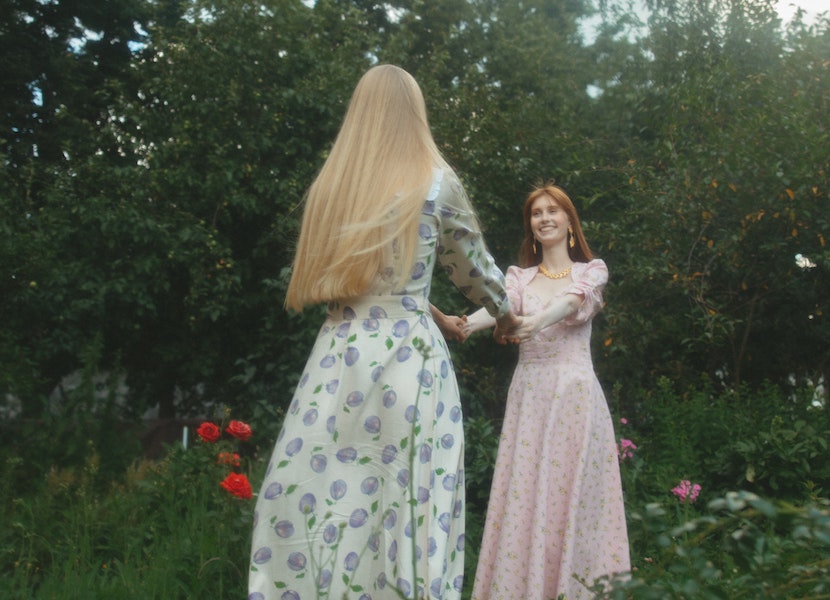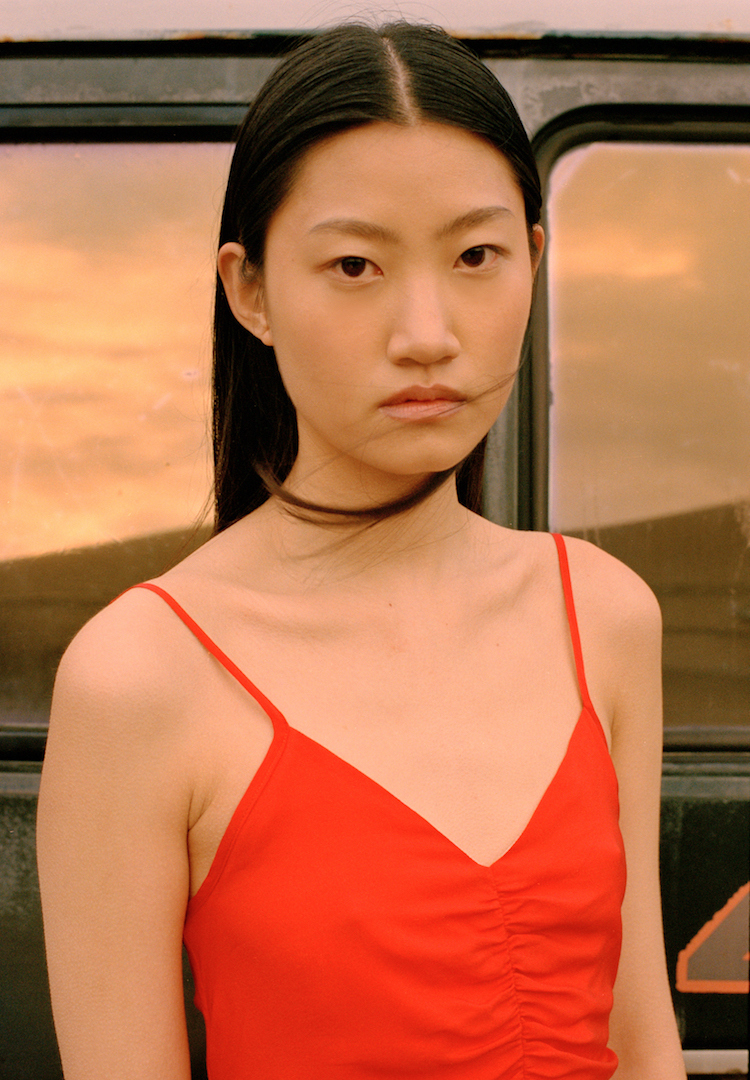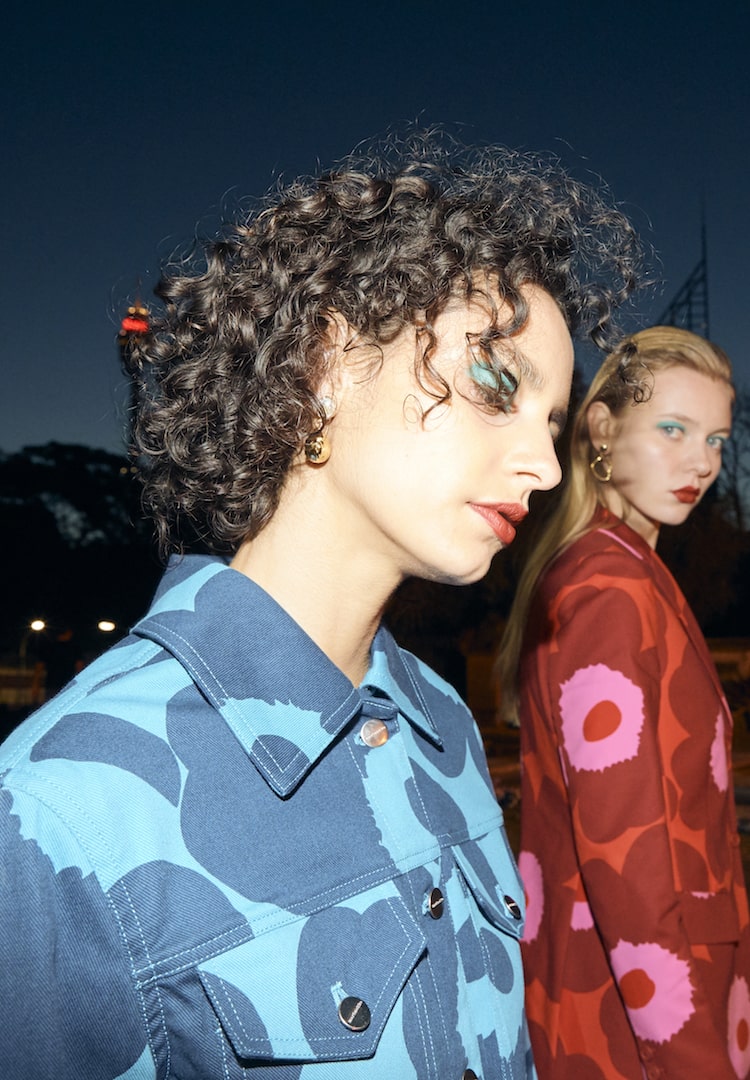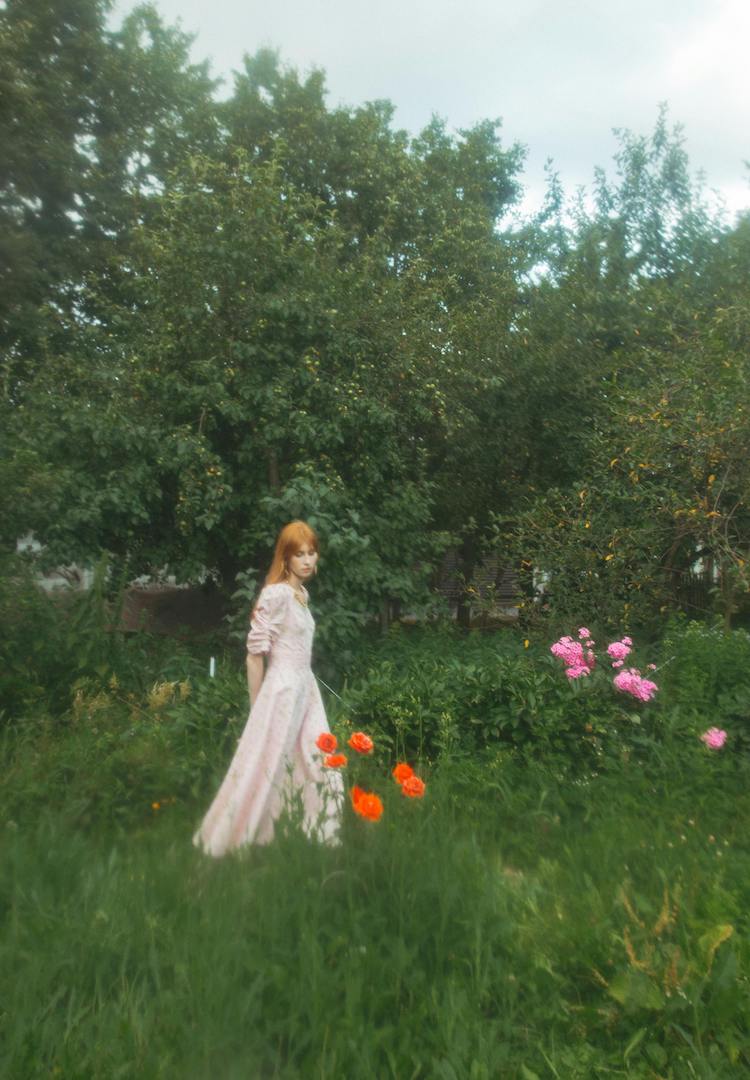Can an extrovert turn into an introvert?
WORDS BY ANNA MACKENZIE
“As someone whose identity has been built on being the friend who shows up to a party early and is the last one to leave, this radical shift has felt disconcerting and at times, deeply uncomfortable.”
When I was in my twenties, I loved nothing more than a booze-filled night out on the town. A great session involved copious amounts of wine, a lot of dancing and rolling into bed at 4am.
Now I’m in my thirties, my favourite thing to do is to curl up on the couch with a good book and a glass of red wine. I’ve been thinking about these preferences a lot recently, mainly because it’s occurred to me that my entire personality has changed. And I’m not quite sure when or how or why, or if it’s coming back.
Interested to hear how others navigate the world? Head to our Life section.
Up until recently, I thrived in social settings where the main item on the menu was small talk. On the Myers-Briggs personality test I scored so highly on the extraversion scale I was basically off the chart. Waking up to a packed calendar filled me with energy. I was at my best when on the go with meetings and catch-ups and things to do, and being constantly surrounded by others made me feel alive.
Like many people over the last few years, I gained space, time and solitude thanks to the pandemic. Instead of smashing bottles on a Saturday night, during lockdowns I found myself drinking wine and playing board games with my housemates and boyfriend.
Instead of racing out the door to work each morning, I moseyed on over to the home office with absolutely no urgency at all. For the first time in my life, forced by circumstances beyond my control, I went inwards, spending hours upon hours writing and reflecting on who I was and wanted to be.
Unexpectedly, I discovered the joy of being alone
I assumed that when the world returned to normal, so would I. After the pandemic was ‘over’ (of course, most of us acknowledge it most certainly is not), I expected my calendar to fill back up to its brim with each day full of meetings, and each night full of friends. I prepared myself to return to the events circuit, networking to my heart’s content. I anticipated nights out and new friends to leave me feeling socially full.
Perhaps it’s because I’m edging closer to my mid-thirties but, as a surprise to me, my desire to spend time alone has persisted. The satisfaction I now get from reading, writing and doing thoughtful work far outweighs the satisfaction I used to get from being a social butterfly. Don’t get me wrong, I still love my friends, but I feel more energised by small dinners and intimate chats than I do by big parties and events.
As someone whose identity has been built on being the friend who shows up to a party early and is the last one to leave, this radical shift has felt disconcerting and at times, deeply uncomfortable. With so much time spent going inwards, part of me feels like I know myself better than ever, but in the same breath, I’m not quite sure who this new version of me is. If I’m no longer the loud and gregarious one, then who am I?
I’m not the only one experiencing a shift in identity
Studies show that we all experience ‘intrinsic maturation’, a process of our personality becoming more balanced over time. As we age we get quieter and more introverted, and we also become more conscientious and emotionally stable (hurray!). According to prominent psychologist Susan Cain, this makes evolutionary sense.
“High levels of extroversion probably help with mating, which is why most of us are at our most sociable during our teenage and young adult years. But when it comes to keeping marriages stable and raising children, having a restless desire to hit every party in town may be less useful than the urge to stay home and love the one you’re with.
“Also, a certain degree of introspection may help us age with equanimity. If the task of the first half of life is to put yourself out there, the task of the second half is to make sense of where you’ve been.”
These changes don’t happen over days or weeks though; research shows they normally unfold over a lifetime. Dramatic changes in personality are rare, they typically evolve and develop just like a fine wine. It’s my guess that COVID sped up this process, but hey, I’m no scientist. I do have some anecdotal evidence in my back pocket though.
Pre-pandemic, a fellow extroverted friend of mine spent every spare second on the phone with friends, scrolling through their contact list and chatting to anyone and everyone while out for a walk, driving to the shops and cooking dinner at home.
Now they’re hard to get hold of, instead relishing the quiet and spending time relaxing with their dog. Another equally extroverted friend who was known for setting the office vibe now dreads trudging to work each morning. Every day she’s forced to go in, it takes another two to recover. What’s wild is that both of these friends had larger-than-life personalities – they were the type of people who’d be labelled as the class clown. They’re just as great now but are much more mellow when compared to their former selves.
It appears our personalities can indeed change, and alongside this our identities shift too. On the question of whether we can change from extroverted to introverted, science says it’s possible over decades but in my experience, it can happen much more quickly. The jury’s still out as to whether this personality change and identity shift will last. I guess only time will tell.
In the meantime, I’ll keep spending many a night on my rooftop just a stone’s throw from the hustle and bustle of Gertrude Street, doing exactly what I’m doing now. Enjoying the quiet, sitting at my laptop and putting words on a page.
For more on introversion, try this.


